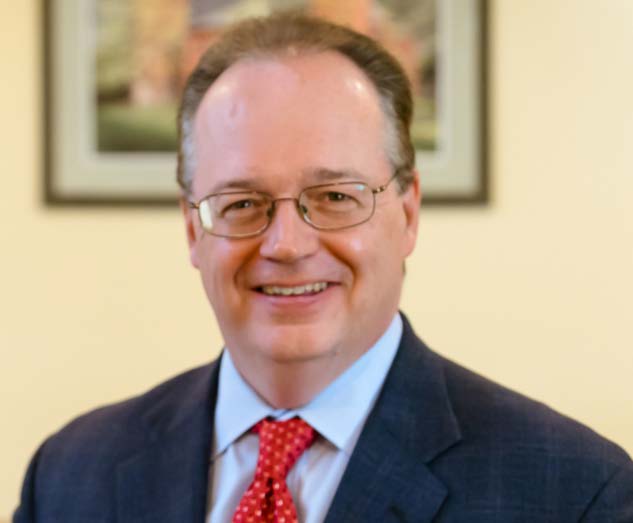|
Failure to Prevent Fraud Could Result in Personal Liability Company executives who fail to prevent health care fraud can be convicted of crimes and personally excluded from doing business with federal programs such as Medicare and Medicaid, even if they did not participate in or authorize the illegal conduct. Under the “responsible corporate executive” doctrine, the law may impose strict liability for an executive’s failure to prevent or correct a fraud committed by other employees. The latest case of strict liability involves executives of Purdue Pharma who were convicted of misdemeanors for failing to prevent or correct the “misbranding” of OxyContin. The executives were not personally involved in the misbranding, but under the Food, Drug, and Cosmetic Act, they were held personally responsible for the acts of other employees who misled doctors and patients about the risks of addiction to OxyContin. Based on their misdemeanor convictions, the Secretary of Health and Human Services then excluded the executives from participating in federal health care programs for 12 years. Exclusion is essentially a career ending disability because it means that these executives cannot work for any pharmaceutical company or health care provider that sells to patients who are eligible for Medicare, Medicaid, Veterans’ benefits, or any other type of government health care benefit program. The executives challenged their exclusion on the ground that there was no proof that they had personally engaged in any conscious wrongdoing, fraud, or false statements. Their involvement “consisted solely of omissions” – that is, they merely failed to prevent or correct the fraud by others. The U.S. Court of Appeals for the District of Columbia rejected their arguments. In Friedman v. Sebelius, the court held it was enough that the executives “could have but failed to prevent a fraud against the Government on their watch.” While the court sent the case back to the Secretary to justify the length of the exclusion, the court upheld the Secretary’s authority to exclude the executives even if they did not approve or participate in the misbranding. The key factor was that the executives had "authority either to prevent in the first instance or to promptly correct" the fraud. Senior executives are not the only ones at risk of criminal liability and exclusion when companies engage in health care fraud. As noted in a prior post, lower level employees who go along with a company’s fraud can also find themselves facing criminal charges. Protect yourself. If you become aware of false, dishonest or fraudulent conduct at work, then you should consult with an experienced attorney immediately to protect your rights. To schedule a free initial consultation by telephone or in person, call my office today at (917) 652-6504 or click here to communicate with me via email. John Howley New York, New York The information you obtain at this site is not, nor is it intended to be, legal advice. You should consult an attorney for advice regarding your individual situation. I invite you to contact our law offices and welcome your calls, letters and electronic mail. Contacting us does not create an attorney-client relationship. Please do not send any confidential information to us until such time as an attorney-client relationship has been established. I practice law and offer legal services only in jurisdictions where I am properly authorized to do so. I do not seek to represent anyone in any jurisdiction where this web site does not comply with applicable laws and bar rules.
0 Comments
Your comment will be posted after it is approved.
Leave a Reply. |
John Howley, Esq.
(212) 601-2728 |
